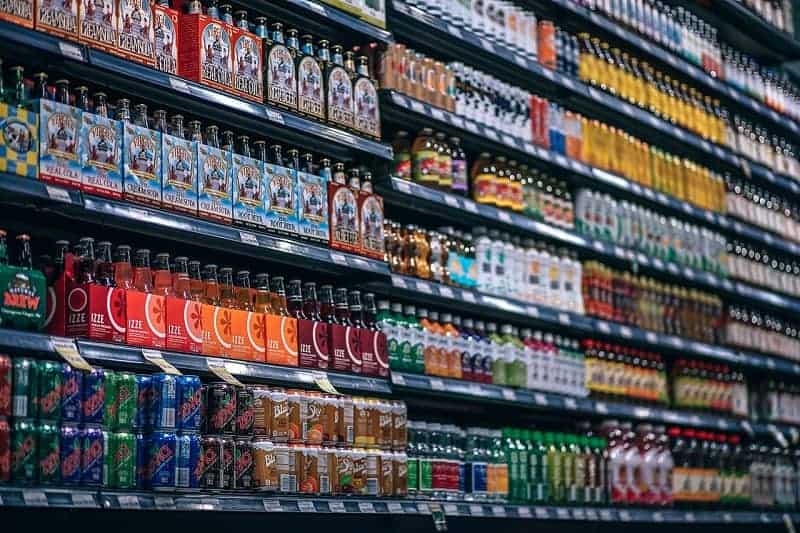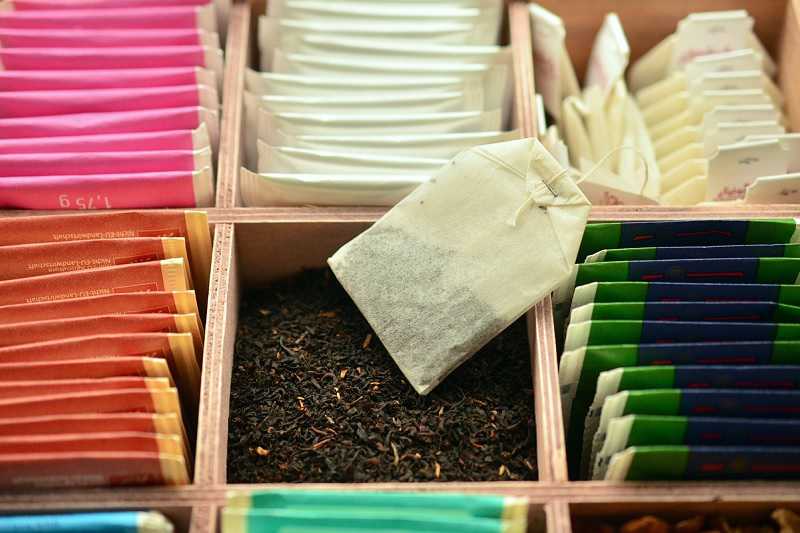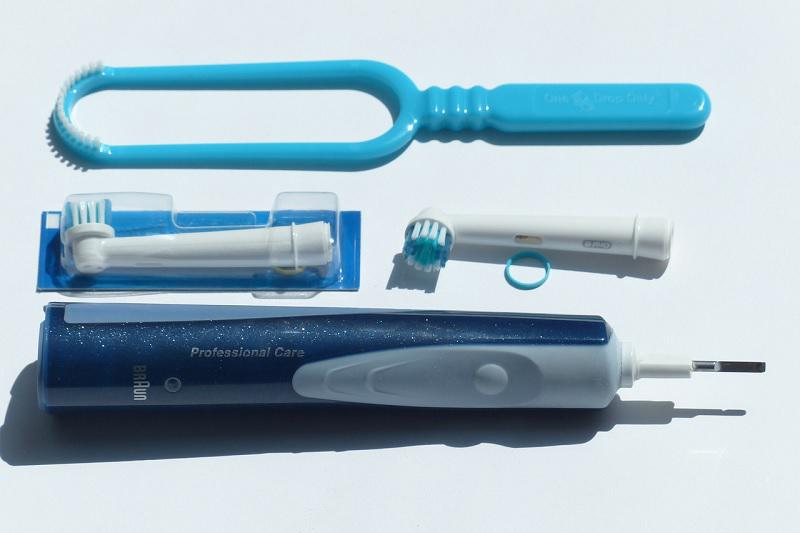Picture this.
You’re standing at the fridge in your local supermarket, gasping for a drink and weighing up which one you’re going to buy to satisfy your thirst.
Row upon row of plastic bottles, and row upon row of aluminium cans greets your eyes.
Being an environmentally-aware consumer, you start weighing up your options.
Hmm…cans versus plastic…plastic vs cans…
The problem is, although you know that plastic is pretty bad for the environment and you’d prefer to avoid it, you’re not sure if cans are really much better.
After all, they too require mining, processing, shopping, consuming and then disposing of, don’t they?
Which is really best? And how do you know?
We understand this struggle, so we’ve gathered together the top facts about the environmental impact of aluminium cans versus plastic bottles so you can make wiser, greener consumer choices.
Facts about plastic bottles
Raw materials and fossil fuels
Plastic bottle manufacturing uses a huge amount of crude oil and natural gas.
This is reached by drilling under bedrock (‘fracking’) which damages the landscape, harms the environment, increases the risk of gas and oil spills and harms local wildlife.
According to The Pacific Institute in 2007 the USA alone needed more than 17,000,000 barrels of oil to produce enough plastic bottles for American consumption. Global figures will be much higher than this.
They also say that it takes 3 litres of water to produce a one-litre bottle of water, and for every ton of plastic bottles created, three tonnes of CO2 is released into the atmosphere.
Time to decompose
According to ocean plastic pollution campaigners 4ocean, it will take a minimum of 450 years for a single plastic bottle to disintegrate in a natural environment and an astonishing one million years in landfill.
Let that sink in for a moment…it’s a very long time. One million years ago, the Earth was enjoying its last Ice Age and modern humans didn’t even exist yet.
This gives you some idea of the timespan we’re dealing with here.
Worse still, whilst that plastic bottle sits there in landfill and slowly degrades, toxic chemicals are released into the environment, harming plant and animal life and leaching dangerous chemicals into the human water supply.
Recycling
Although most local councils offer plastic recycling facilities these days, plastic bottles don’t get recycled as often as you might think. Many people prefer to throw them into the general rubbish instead of making that extra effort.
Even if you’ve done the right thing and put the plastic bottle into the recycling bin, there’s no guarantee that it will actually be recycled.
Many local authorities simply don’t have the facilities to recycle plastic so will either ship the item abroad to be recycled or throw it back into the general waste.
The good news is that creating a plastic bottle out of recycled materials uses just 76% of the energy needed to create one from scratch.
However, plastic can only be recycled between 7-9 times until it has degraded too much to be recycled again.
Transportation
Plastic bottles do have a slight advantage compared to cans when it comes to shipping because their carbon footprint is fractionally lighter.
When transported, they’re lightweight, and they pack tightly so less fossil fuel needs to be used in their transportation.
Pollution
Plastic is one of the leading causes of pollution in the ocean. Plastics often break down into tiny plastic pieces called microplastics which are close to impossible to remove from the ocean (especially on such a large scale).
Marine animals often mistake these plastics for food and die from plastic ingestion.
Facts about aluminium cans
Raw materials and fossil fuels
Aluminium cans demand a huge amount of natural resources for their production. First, the natural material, bauxite ore, needs to be mined. This causes deforestation, erosion, water contamination and loss of habit for numerous species of animals.
Then this bauxite ore needs to be refined into aluminium which demands a huge amount of electricity.
Time to decompose
Aluminium cans decompose much faster than plastics.
According to the website Save on Energy it usually takes between 80-200 years to break down once they’re in that landfill site.
Whilst this is much less time than plastic, it’s still a very long time indeed. Putting that into perspective, World War II started around 80 years ago and Queen Victoria was born 200 years ago…
Recycling
Aluminium is also much easier to recycle than plastic bottles and you can easily find recycling facilities located across the UK.
It’s estimated that around 55% of all cans used are recycled, which is great news for the environment.
Unlike plastic bottles which can only be recycled a limited number of times, aluminium cans can be recycled again and again, without limit. They also only need 8% of the energy used to create a brand-new can.
According to the Aluminium Association, around 70% of cans are already made from recycled aluminium, which is great news for the environment.
Transportation
Aluminium is also lightweight and easy to transport, so the carbon footprint for transportation remains low for aluminium cans.
Pollution
Like plastic bottles, cans often end up littering both land and sea. However, they do decompose more quickly, don’t break down into micro-pieces and are significantly less likely to be mistaken for food by marine animals and wildlife.
Cans vs. plastic bottles – which is better?
Given the evidence for the production, use and disposal of aluminium cans and plastic bottles, it’s clear that both do pollute the environment and contribute to climate change.
However, taking into account their ease of recycling, lower carbon footprint, and time it takes to decompose, those aluminium cans are certainly the better choice for our planet.
If you really have to choose, we’d recommend aluminium cans every time.

Charlotte Witts is a writer and entrepreneur who wants to show you how easy it is to live a more conscious, zero-waste lifestyle. A confirmed yoga-addict, trail runner and ocean-lover, she currently lives in the Azores where she enjoys the simple pleasures in life.



